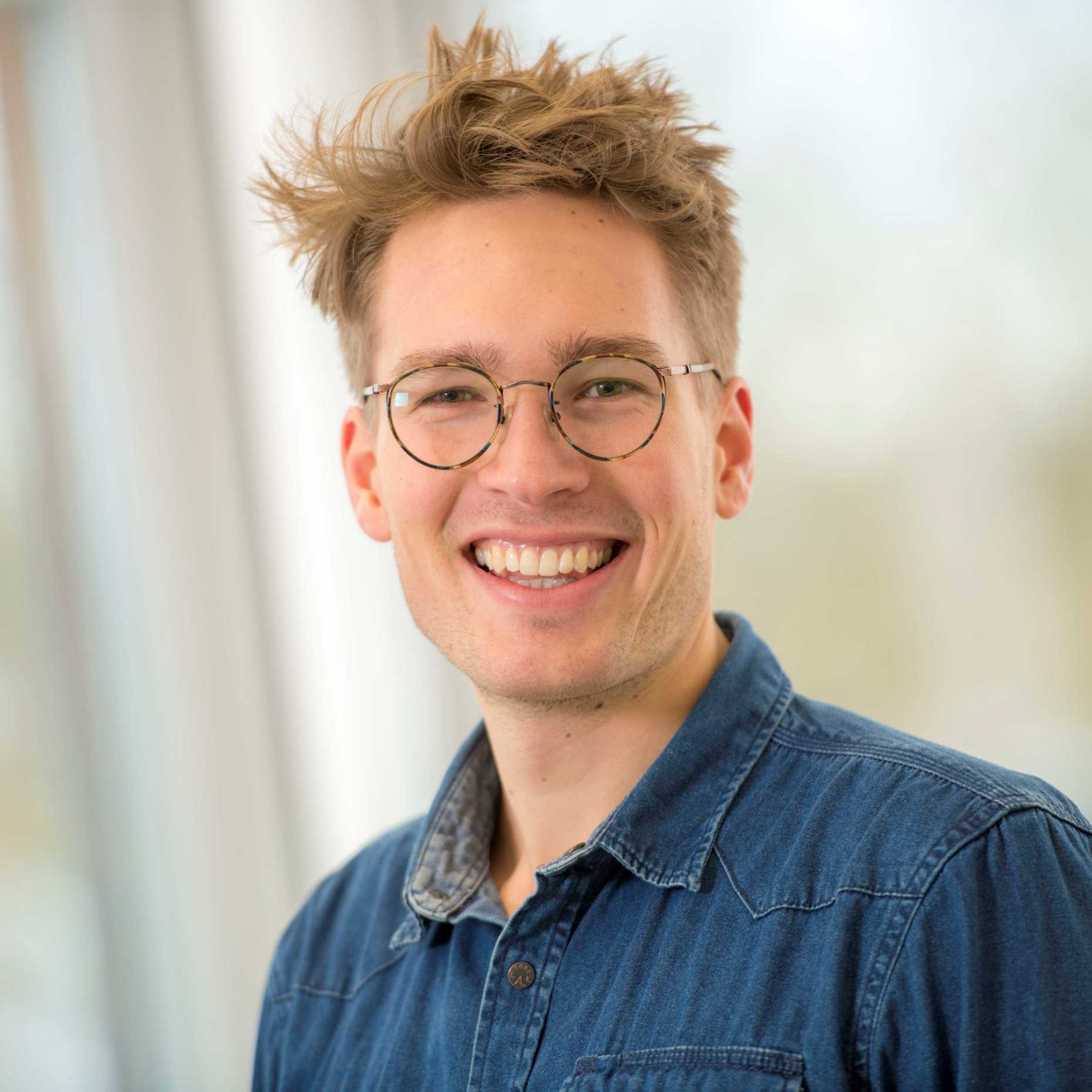Meet Marius Lange developing computational models for organoid systems
The German computational biologist joined the Quantitative Developmental lab of Barbara Treutlein to develop models of dynamic biological processes in organoids. Marius gladly found his expectations met by the interdisciplinary, international lab and great experimental facilities. Being a passionate outdoor person, he is looking forward to the summer season to explore water sports on the Rhine and hiking in the Basel area.
What did you know about D-BSSE before you came here, and what was your motivation to come to ETH Zurich?
I knew that Barbara's lab is at the forefront of technology and method development for single-cell studies in organoid model systems. The lab has previously published exciting studies that show how very high-dimensional measurements, such as images quantifying the expression of many proteins or genes, can be achieved for large cell numbers. Additionally, the lab has previously developed exciting computational methods that make sense of this data, for example, learning gene-regulatory relationships from multi-modal measurements. As a computational person, I knew that this would be a great place to be exposed to interesting data modalities and biological questions that require algorithmic advancements.
What were your expectations and were your expectations met since you arrived in Basel?
I'm originally from Freiburg in Breisgau, Germany, not too far from Basel, so I knew the city relatively well before moving here. I was expecting to find an interdisciplinary, international lab with expertise spanning dry and wet lab areas and great experimental facilities, and that's exactly what I found. I'm now looking forward to the summer in Basel, I'm really excited to swim in the Rhine and to go on some hikes in the region. Also, I'm really keen to visit all of the museums and to show them to my friends when they visit me.
What were your first impressions?
The lab is a really friendly and welcoming place, and I think I'll have a really nice time here. The building and its floormap are confusing and I must admit that I still get lost quite a bit :)

“I was expecting to find an interdisciplinary, international lab with expertise spanning dry and wet lab areas and great experimental facilities, and that's exactly what I found.”Marius Lange, Quantitative Developmental Biology Lab, D-BSSE, ETH Zurich
Which research will you pursue at D-BSSE?
I would like to better understand human brain development. In Barbara's lab, we can recapitulate this process to a remarkable degree in organoids, three-dimensional in-vitro model systems that can be generated from human cells. These have many advantages: you can generate them in large numbers, in a controlled environment, with additional perturbations to test for intervention response. However, they also come with additional challenges, for example, they are really heterogeneous. In my research, I would like to develop computational models that help us to extract insights from these model systems, to make use of their full potential. In the context of the human brain, these algorithms will help us to gain new insights into the regulatory relationships that govern normal and diseased development.
Which hobby or private interests do you hope to pursue in Switzerland?
I would really like to do some rowing on the Rhine if that's possible. In any case, I'll go swimming in the river, and I'll do cross-country skiing in the winter.
Many thanks, Marius, welcome to the D-BSSE and all the very best to you and your research!
Starting off with a Bachelor’s in physics at the Albert-Ludwigs University in Freiburg, Germany, Marius moved to the University of Oxford, UK, for his Master’s in Mathematical Modelling and Scientific Computing. Back in Germany, he did his PhD at the Technical University of Munich, Germany, working on understanding dynamical biological processes through the lens of single-cell genomics. A key achievement was external page CellRank, a toolkit that uncovers cellular dynamics from single-cell data and reconstructs, amongst other, cellular fate decisions. During his postdoc at the Quantitative Developmental lab of Barbara Treutlein, Marius is working at the interface of machine learning and molecular biology. In his research, he is developing computational models to study complex processes like development, regeneration or reprogramming, with a focus on organoid model systems. Find Marius' personal external page homepage.
Learn about the Quantiative Developmental Biology lab led by Barbara Treutlein.